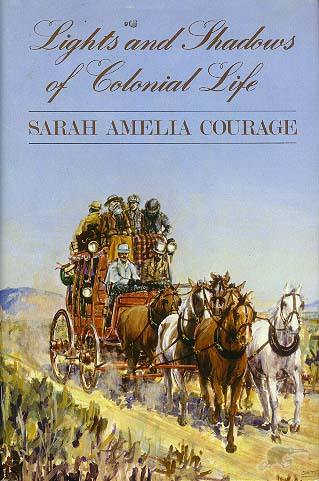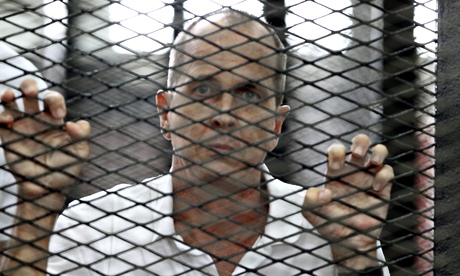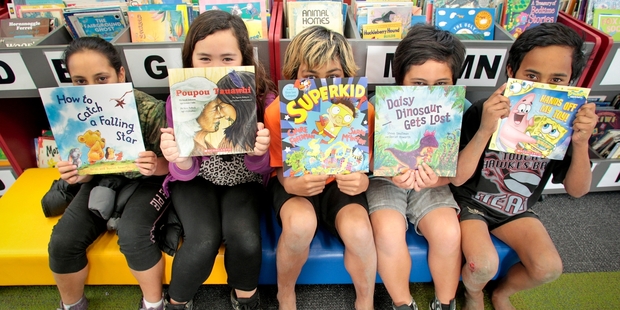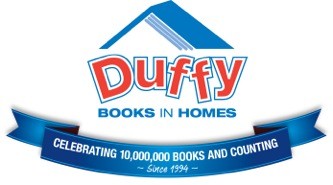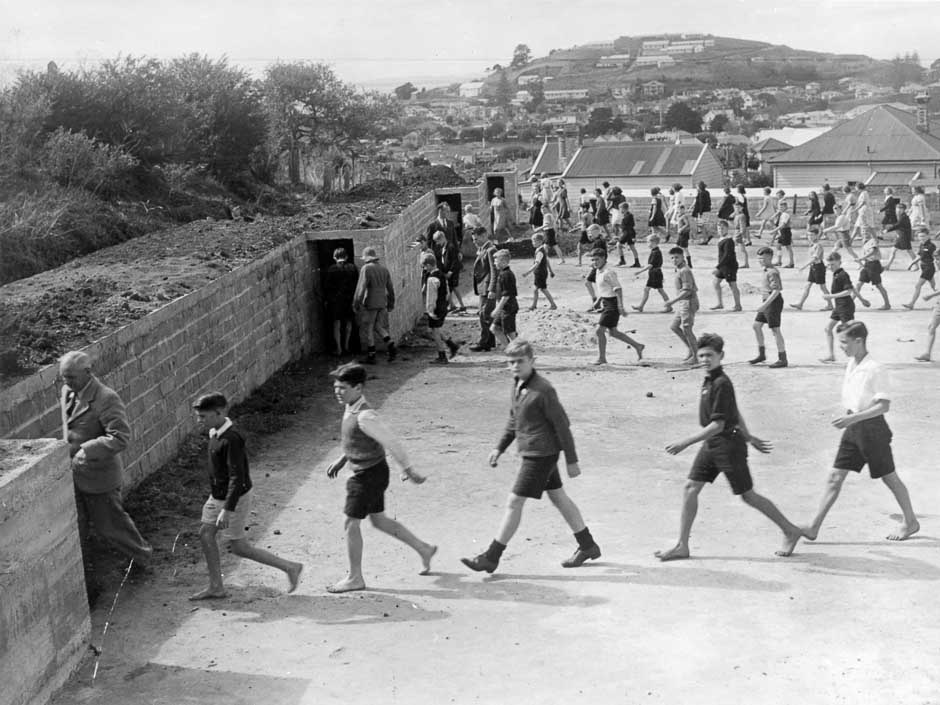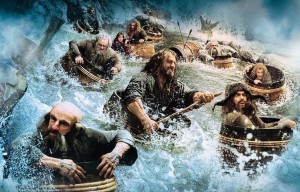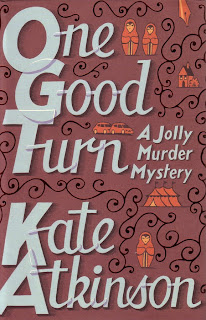Sunday morning, an early start for the 9.15am Creating Readers
session. This involved Kids' Lit Quiz creator Wayne Mills and early
childhood specialist Celeste Harrington, talking about the results of a survey
carried out amongst last year's Kids' Lit Quiz contestants.
 |
| Quizmaster Wayne Mills at a New Zealand quiz |
These children are
in Years 6-8 and aged from 10-12, and are already keen and confident readers. Between
March-June 2013, nearly 1600 of them from around New Zealand filled out a survey
asking them to list the book they were currently reading and also their
favourite authors and titles. Wayne and Celeste spent hours entering and
analysing the data and have come up with some fascinating preliminary results.
They hope to produce a paper on their findings, and perhaps carry out a repeat
survey at some stage in the future.
Some of the findings that were immediately obvious were the
predominance of series books (only 2 of the top 20 titles were not part of a
series) and the effects of globalisation. Wayne commented that wherever he goes
around the world, he can walk into a bookshop and find the same popular
children's books on sale. He also remarked on the very wide range of books that
these children read - from picture books to adult titles, but pointed out that
the range is much wider for girls than for boys.
The audience had a go at picking the top 10 titles, top 10
stand alone titles (ie not series books), top 10 male and female authors and
top 10 New Zealand authors and titles. Some were unsurprising, others were
unexpected. (And if you are wondering: top NZ author listed - Margaret
Mahy. Top NZ title - Hairy Maclary!)
The session with Swedish children's writer Ulf Stark was a
total delight. It also introduced us to his lovely wife Janina, who teaches children's literature at Stockholm University, and revealed another side of his Gecko publisher Julia Marshall, who is fluent in Swedish and acted as his translator. (Ulf said he was going to speak in Swedish "because you all have to learn this beautiful language.")

Julia said that Ulf had written over 30 books, but later he
revised that to over 60 - "but maybe only 30 good ones!" She promised
to introduce us to the "warm, funny, sometimes sad and very humane
world" of his writing, and asked if he would ever have expected books to
bring him out to New Zealand. "I didn't even know in the beginning that
there was a country called New Zealand," Ulf declared, "and I almost
still can't understand that I'm here, although I had 40 hours to understand
this on the way here. But I've always loved the feeling of coming somewhere
else. When I was little, the idea of 'coming somewhere else' was what you did
when you read, looking and travelling into another place, another country,
another time, other people's minds."
Ulf told some lovely anecdotes from his childhood, about his
"nasty brother" ("not so
nasty",) and his mother reading to him while his father stood in the
doorway making suggestions about books filled with facts to read instead. He
started as a poet, and sees poetry as similar to picture book writing in that
it requires "a small amount of space to say what you want to say."
Julia asked why he tackles subjects like death in his
writing, for example in Can you whistle,
Johanna? Ulf said, "Death is a part of life and every child and adult
will meet it, one way or another... and I don't think you win so much by trying
to bury it. I think it's a good thing to meet some of these sad things as a
child - often it's the parents who are more afraid that the child is." He
describes Can you whistle, Johanna?
as being "about the importance of living" and "how you can taste
the small fruits of life."
Ulf also gave us a lovely description of his latest book, The shadow children and we also heard
why he never wants to write detective stories (because "it's important to
get down to the deep, and that's hard if there's too much tension on the
top.")
It was unfortunate (sad both for him and for the audiences looking forward to hearing him) that Francis Spufford had to cancel his NZ appearances, but the end of the day was marked by a very successful book
launch for Mary McCallum's new children's novel Dappled
Annie and the Tigrish, published by Gecko Press. It was made an extra
special occasion by the presence of the four Gecko authors and illustrators visiting
for the festival (Ulf Stark, Leo Timmers and Aleksandra and
Daniel Mizielinksy.)



